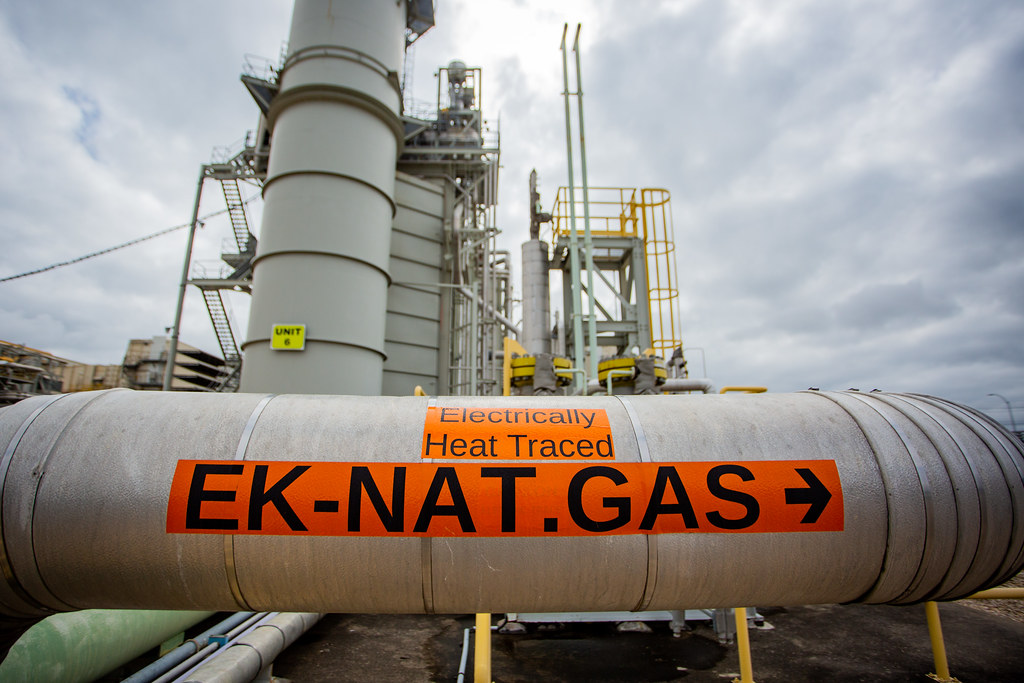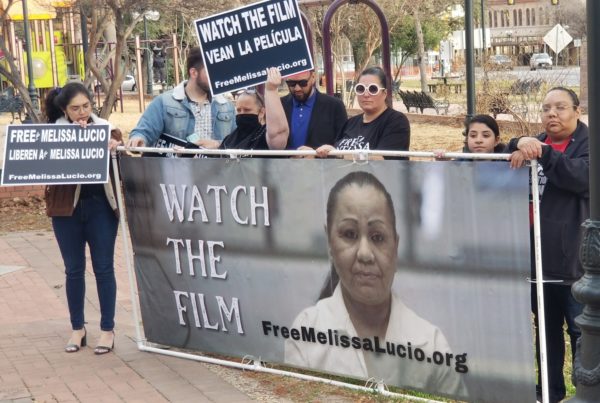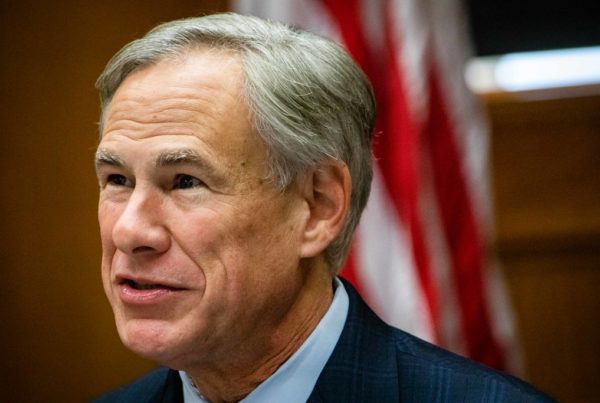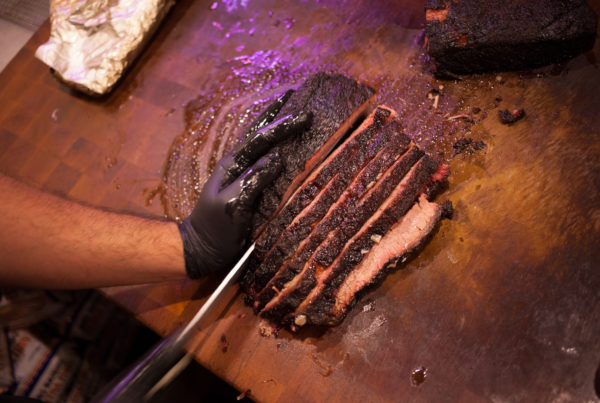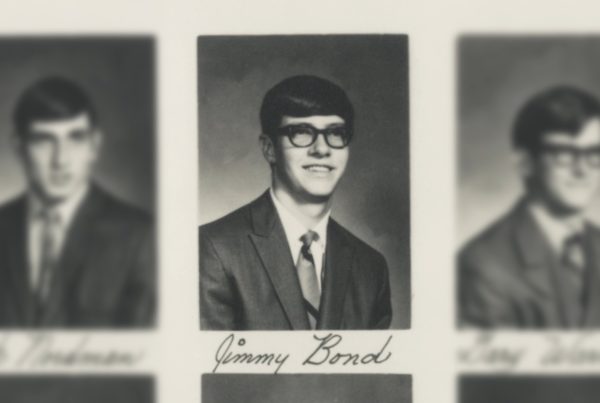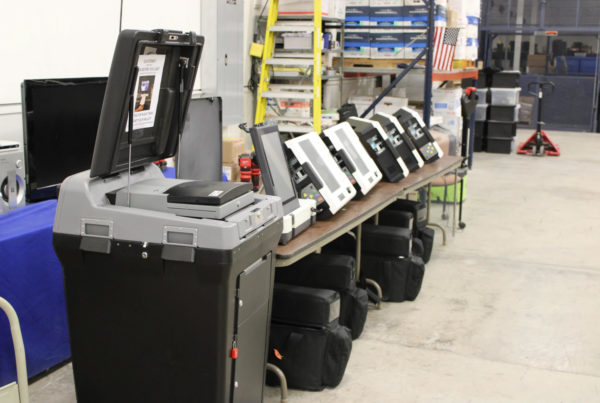From PolitiFact:
Sen. Joe Manchin, D-W.Va., recently took to Twitter to argue that the federal government should do more to encourage the domestic production of natural gas. He cited a sharp increase in prices, exacerbated by Russian President Vladimir Putin’s attacks on Ukraine.
In a Sept. 20 tweet, Manchin said that “over the past 5 years, natural gas costs have gone up over 200%. In Europe, it’s up over 1,100%. Energy has been weaponized by Putin. We can offset that by reforming our permitting process, which will put more energy into the market & bring down costs for utilities & consumers.”
There’s no question that natural gas prices in the U.S. are spiking, but the 200% increase cited by Manchin — basically, a tripling — is an exaggeration by some metrics.
When we asked Manchin’s office for their evidence, it pointed us to the Henry Hub spot price. The Henry Hub is a natural gas distribution site in southern Louisiana; gas comes in from pipelines and is then redirected to other pipelines as demand requires. The “spot price” at the hub “reflects the going rate for gas purchased right now,” said Hugh Daigle, a professor in the University of Texas at Austin’s Department of Petroleum and Geosystems Engineering.
Manchin’s office cited the change in prices between August 2017 and August 2022, when the spot price rose from $2.98 to $7.88. That’s an increase of 164%, which is substantial, but not quite the 200% Manchin cited in the tweet.
More importantly, the increase is also more modest if you focus on annual averages rather than monthly figures, which helps smooth out some of the month-to-month volatility.
Between 2017 and 2022, the yearly average rose from $2.99 to $6.23, or an increase of 108%, which is significant, but only about half of the 200% increase Manchin cited. (Since calendar 2022 isn’t over yet, we used data for the 12 most recent months to determine the 2022 figure, stretching from October 2021 to September 2022.) …
Read the full story at PolitiFact, and listen to an interview with PolitiFact Texas’ Nusaiba Mizan in the audio player above.
Radio interview produced by Sean Saldana


